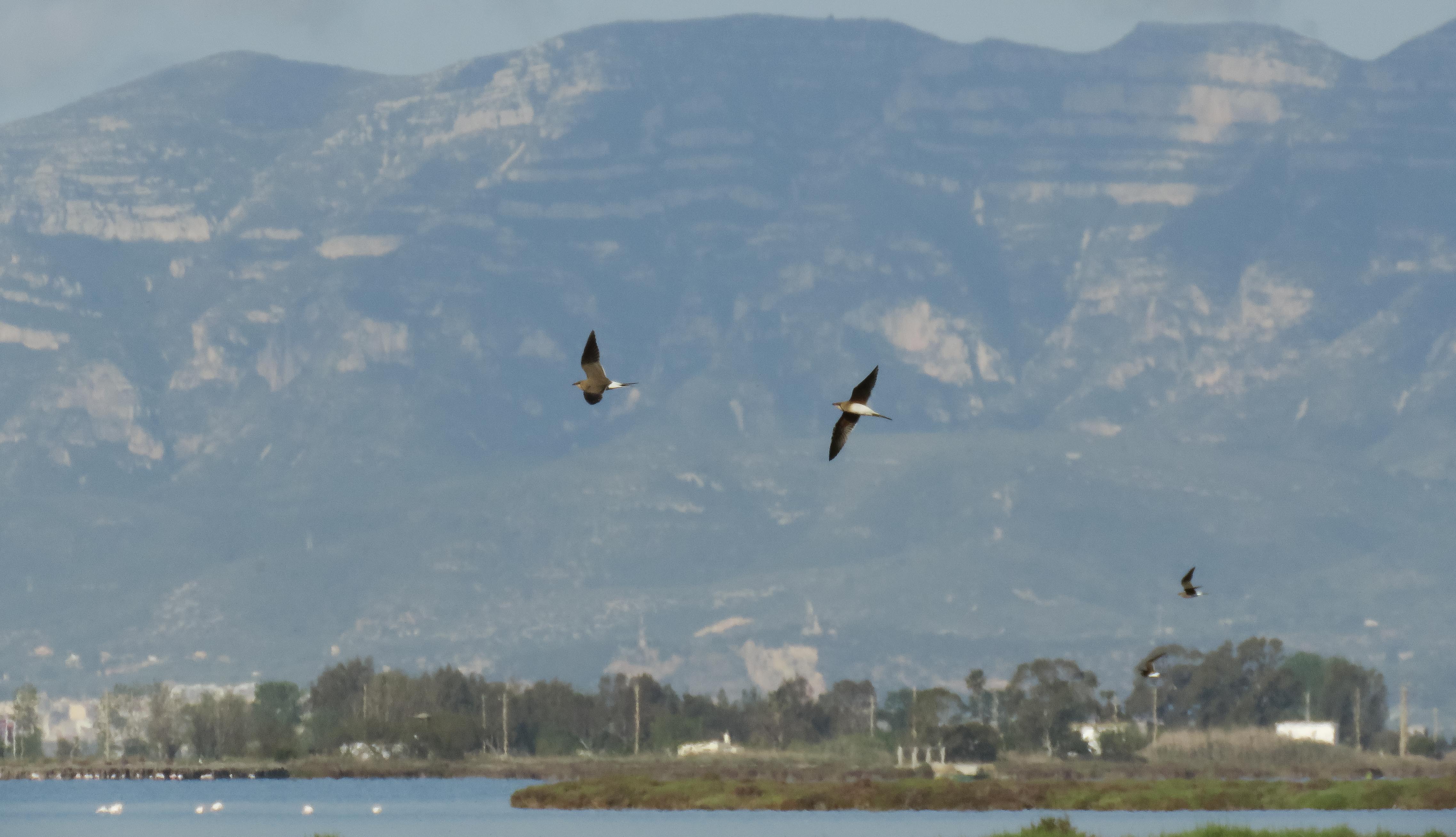We chose the complete the annual Icelandic Goose census with the Greylag Geese totaling 431 for north Unst today. The only 'more interesting' Goose seen was a European White-front with the Greylags at Norwick. Just as we'd finished walking Burrafirth beach for the monthly SOTEAG survey Mike sent a message to say he'd just seen a very dark Kumlien's or potential Thayer's Gull patrolling the beach at Uyeasound that he'd seen in poor light shortly after arriving back on Unst yesterday. We headed straight to Uyeasound and joined Robbie there but the Gull didn't put in an appearance until mid-afternoon but we then enjoyed some nice albeit all-too-brief views of it mainly in flight but in good light.
Skaw: 2 Fieldfare.
Norwick: European White-fronted Goose, Common Scoter & Mistle Thrush.
Burrafirth: Peregrine, Mistle Thrush & 12 Snow Bunting.
Baltasound: Barnacle Goose
Caldback: 30 Snow Buntings.
Uyeasound: 2 Bewick's Swans, 53 Long-tailed Ducks & Pochard.

Mistle Thrush at Norwick
Pro-Thayer's features include its dark secondaries, dark outer webs of its outer primaries contrasting with the pale inner webs giving the so-called 'venetian blind' appearance.
Pro-Thayer's features include its dark tail band, outer-tail feathers are finely barred at the base, narrow pale tips to its tail feathers, extensively barred uppertail-coverts and narrow pale tips to its secondaries.
The couple of views on the ground were always brief, the first head-on so no view of its scapulars and the second too distant and scaps blowing in the wind. Hence, it's left to this image to hint at some dark-centred, pale-fringed scapulars. Likewise, unfortunately I never obtained any useful views of its tertials.
Pro-Thayer's features include the pale inner webs of the outer primaries, the pale inner primaries and predominantly dark tail-band.
Pro-Thayer's features include its uniform brown underwing-coverts, silvery undersides to particularly its outer primaries and smooth brown belly and boldly-barred undertail-coverts. Whilst its bill often looked predominantly black, in the strong light, its basal two-thirds appeared (vaguely pinkish-) greyish typical of the 'Iceland Gull' complex.
Of concern for Thayer's would be the lack of a dark trailing edge to the underside of its outer primaries.
Pro-Thayer's features include its pear-shaped head, outer primaries with narrow white fringes lacking any suggestion of subterminal arrowhead markings.
Of concern for Thayer's the pigmentation of its primaries look rather ashy-grey rather than truly blackish.
Whilst clearly not as dark as the
Lincs Thayer's Gull or a couple I've seen in Japan the variability of both juvenile Thayer's Gull and Kumlien's Gull is well-known and has caused plenty of discussion perhaps summed up nicely
here. And with Gulls it always pays to keep an open mind as there are lookalike hybrids to consider (one of the BW articles points to rather plain-centred greater coverts as being one such trait). Anyway, well done to Mike for finding such a challenging and thought-provoking Gull that will hopefully still be present tomorrow so that I can obtain improved views/images of it...






























